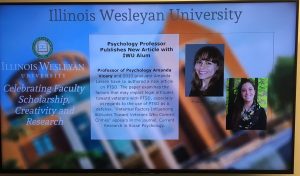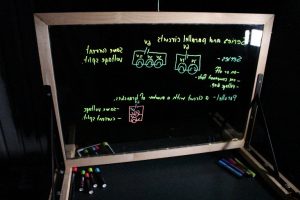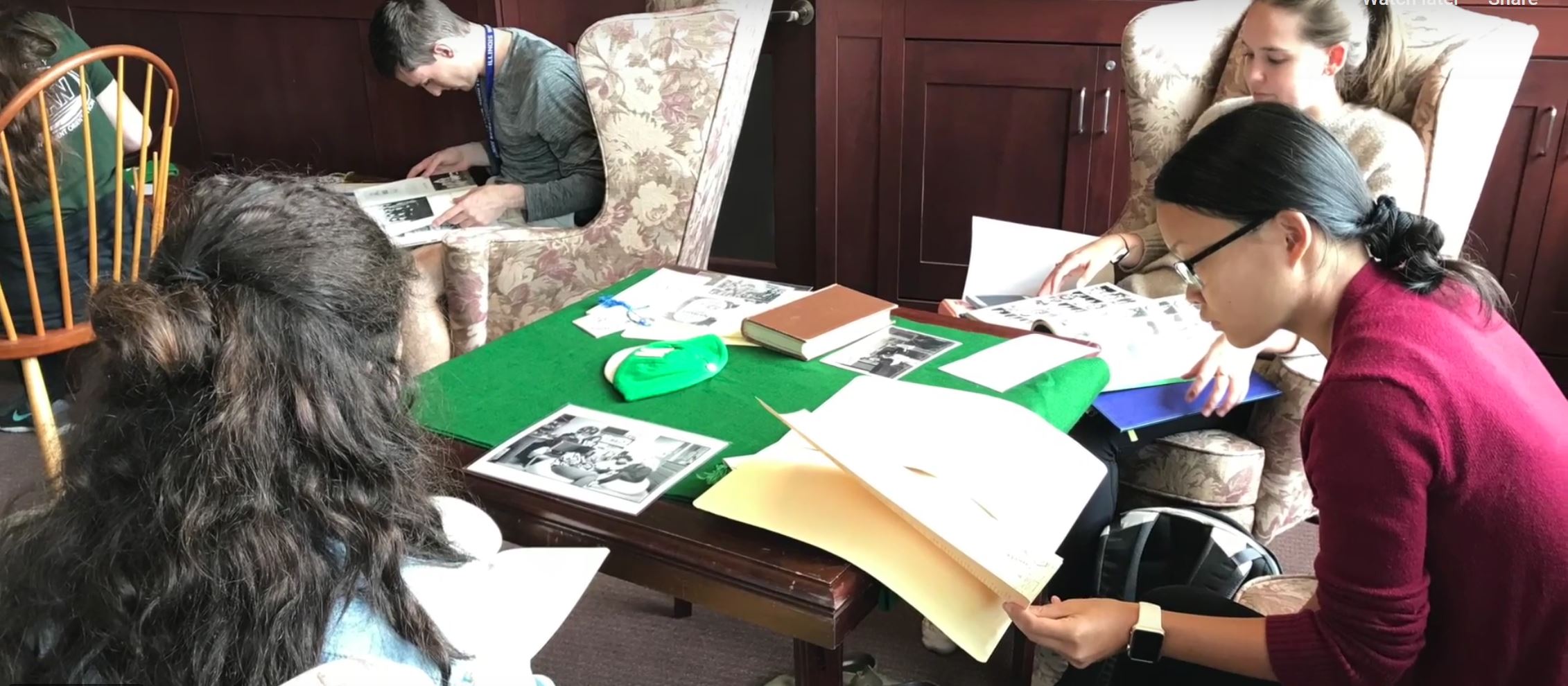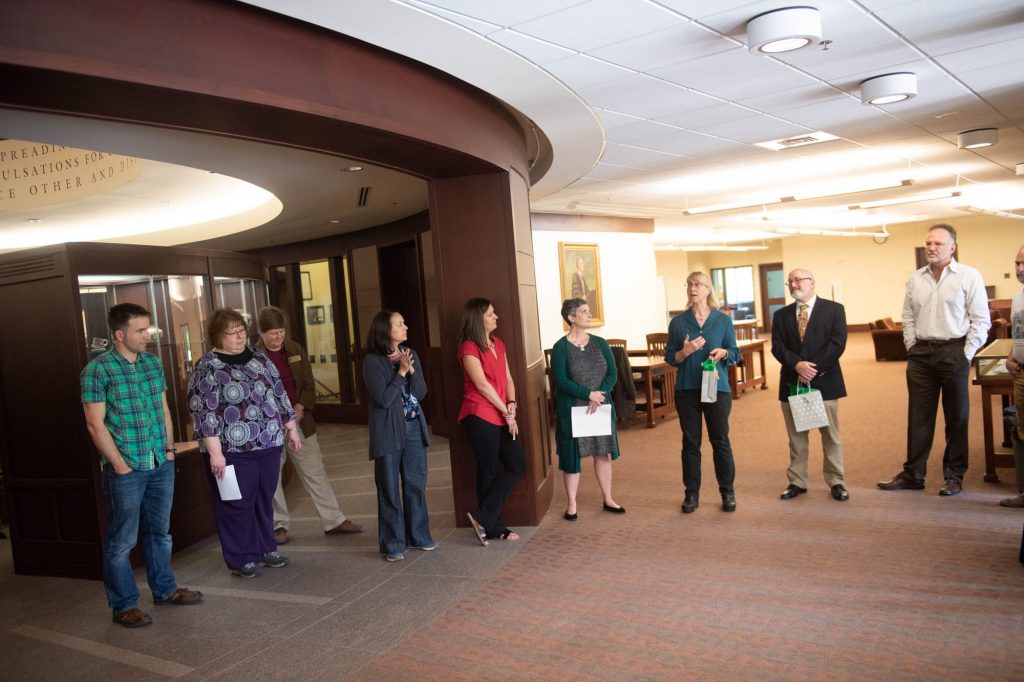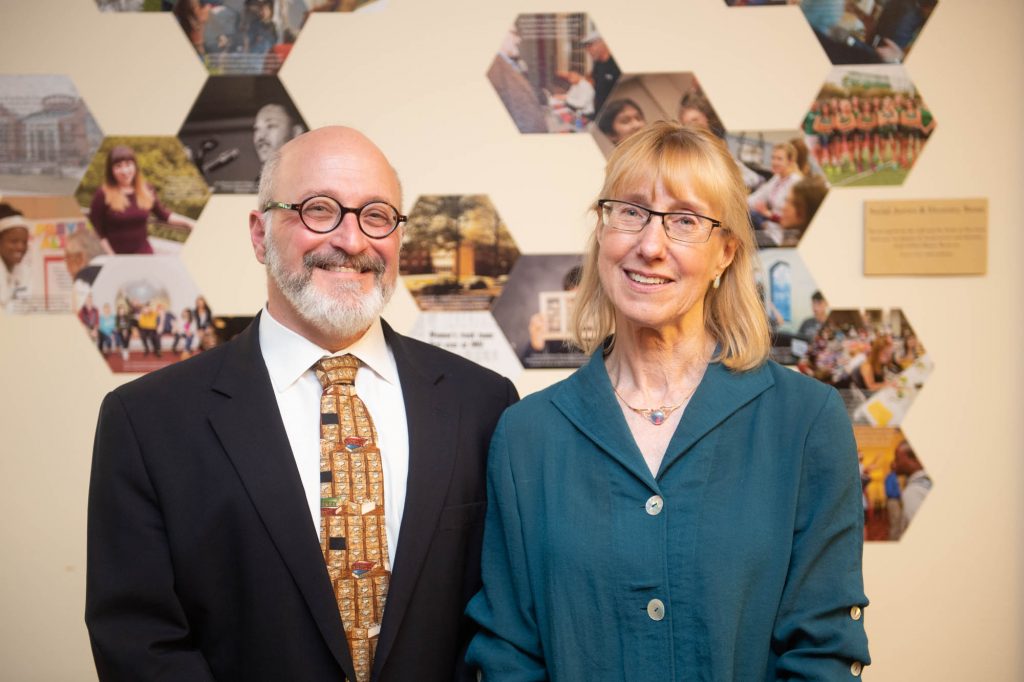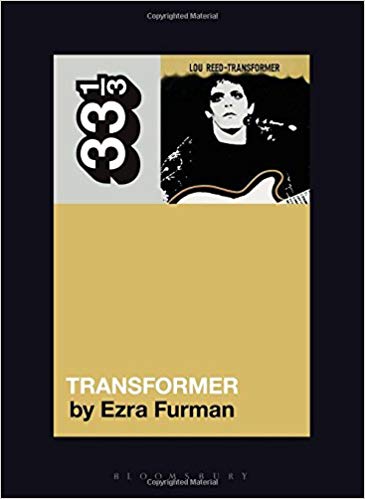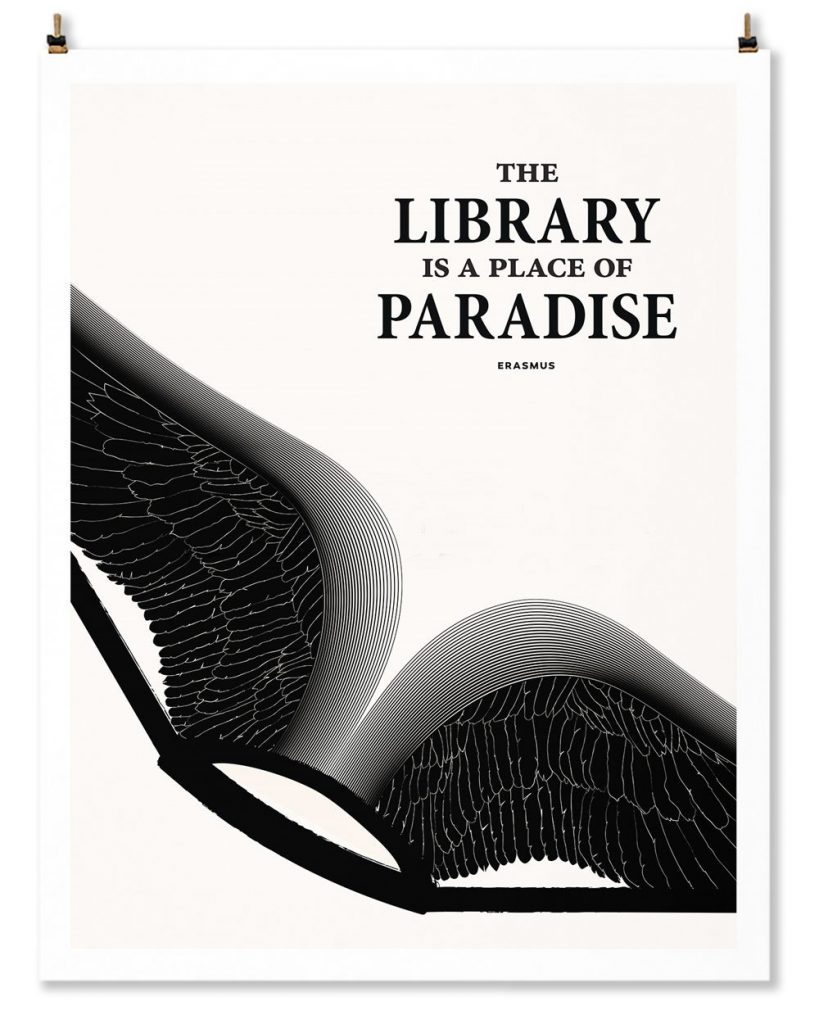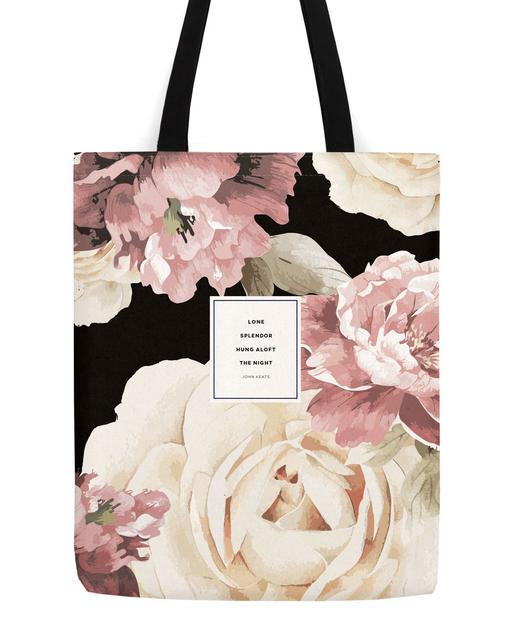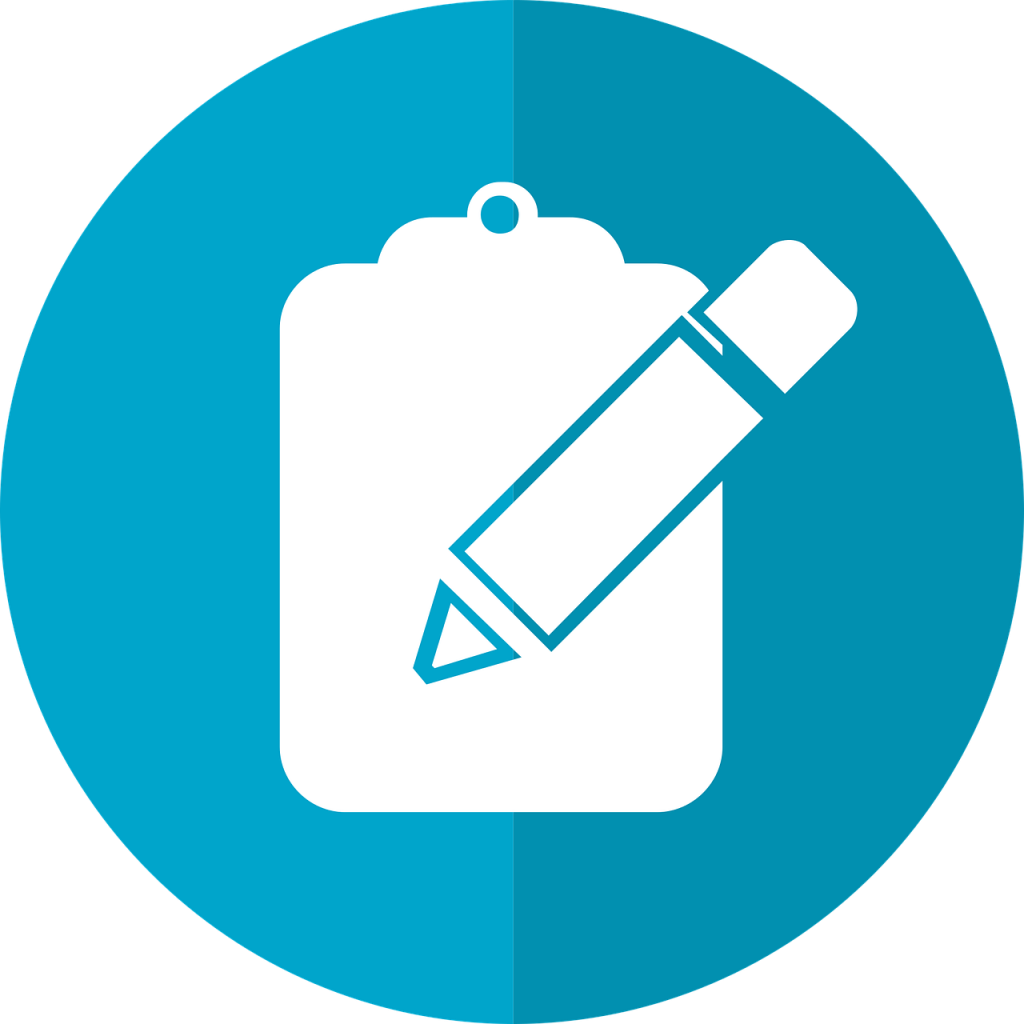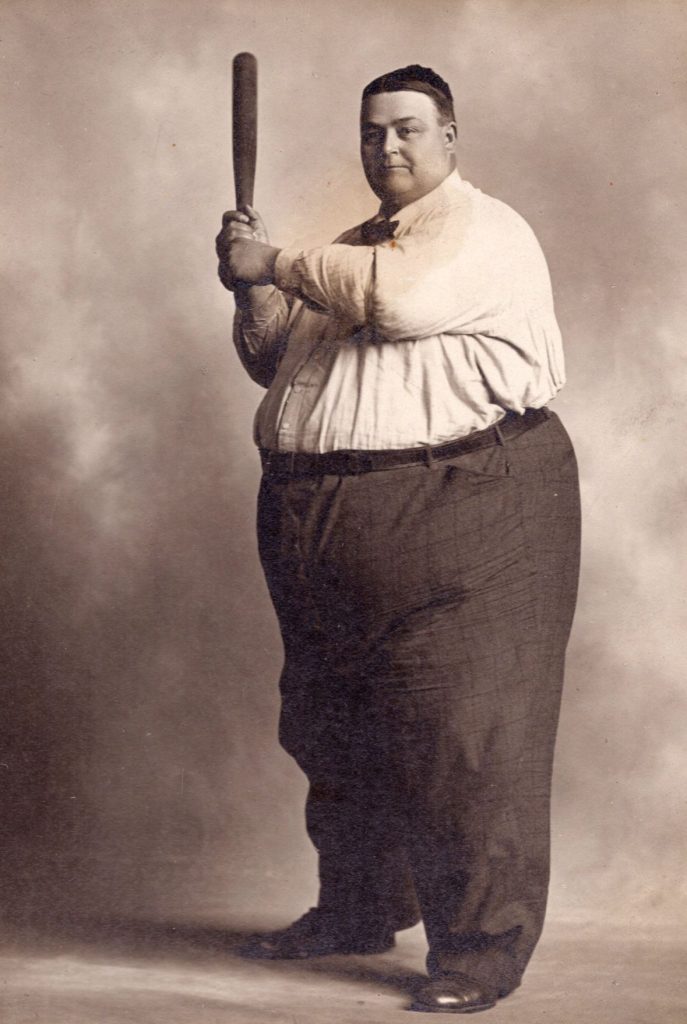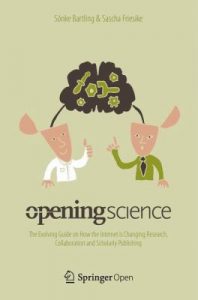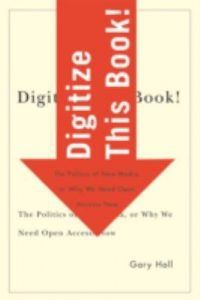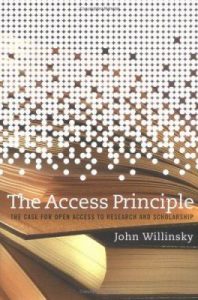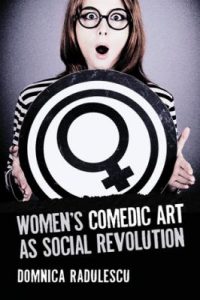Research, scholarship, and creative work of all types make up a distinctive component of the educational experience at Illinois Wesleyan as our faculty embody the models of the teacher-scholar and the scholar-practitioner. Each year, we welcome the start of a new term with a celebration of the scholarly and creative work our faculty have recently completed and shared with the academic community through publications, presentations, compositions, performances, and more.
Reflective of the IWU commitment to collaborating with students to conduct research, and mentoring independent undergraduate research projects, we are especially happy to share examples of faculty work completed in collaboration with our students and alumni, including this recent article from the open-access journal, Current Research in Social Psychology, co-authored by Amanda Vicary (Psychology) and Amanda Larsen (’13).
Many of the works displayed at today’s reception will be openly accessible through our institutional repository, Digital Commons. In 2018 alone, readers around the world accessed or downloaded over 300,000 items submitted by IWU faculty, students, and staff. If you have any questions about how to make your work (or the work of IWU students) available through Digital Commons, please contact Stephanie Davis-Kahl, Collections and Scholarly Communications Librarian.
The Faculty Scholarship and Creative Arts Reception is co-sponsored by The Ames Library and the Office of the Provost, and will be held on August 23rd from 4:00 – 6:00 pm on the first floor of The Ames Library.

